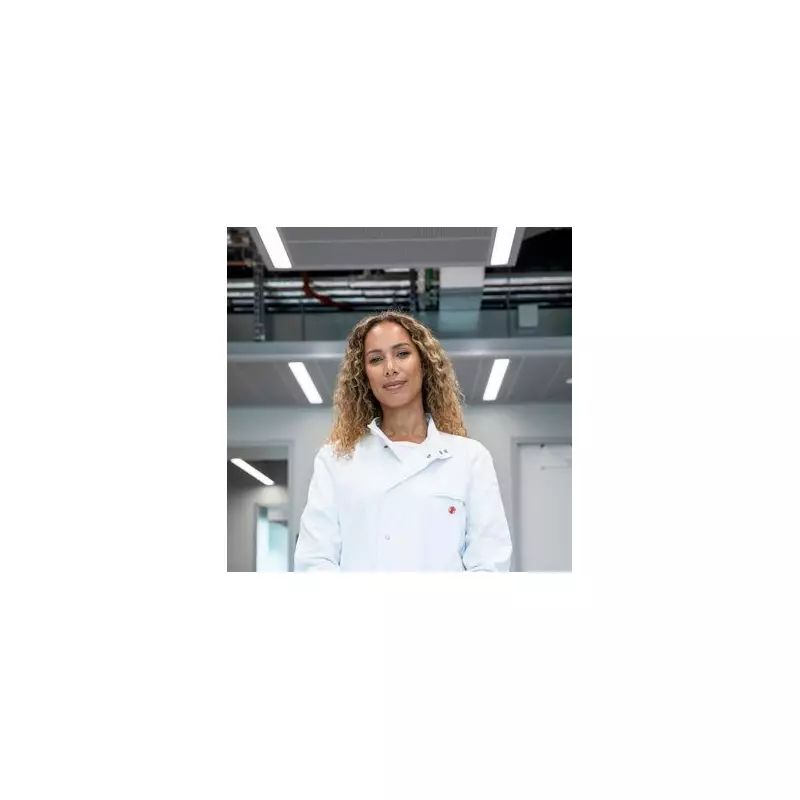
Singer Leona Lewis has swapped the stage for a science lab, visiting a groundbreaking research centre dedicated to saving children's lives in conflict zones. The X Factor winner toured Imperial College's Centre of Paediatric Blast Injury Studies, a world-first hub developing innovative treatments for young victims of explosive weapons.
A Glimpse Into Groundbreaking Research
During her exclusive visit, Lewis donned a white lab coat and experienced the centre's cutting-edge technology firsthand. She was put through her paces on a motion capture treadmill, part of the facility's advanced equipment used to understand and treat blast injuries. The centre's work spans from 3D printing prosthetic prototypes to using specialist machinery that measures the precise impact of shrapnel.
The Hackney-born star, who is mother to a three-year-old daughter, expressed her deep concern for children affected by conflicts. "Every child deserves to grow up feeling safe, happy and loved – yet right now, millions are being robbed of this by conflicts they've played no part in," Lewis stated.
Devastating Statistics Revealed
The singer's visit coincides with the release of a damning new report from Save the Children that lays bare the devastating impact of explosive weapons on children. The research reveals that between 2020 and 2024, explosive weapons were responsible for over 60% of recorded child deaths and injuries in conflict zones.
Almost 50,000 children became casualties of war during this five-year period, with nearly 12,000 killed or injured in the last year alone. The report issues a stark warning about the long-term effects, noting that children's growing bodies make treating blast injuries more complicated than in adults, requiring longer care and leading to lifelong physical and psychological consequences.
Hope Through Innovation
The Centre of Paediatric Blast Injury Studies was launched in 2023 through a partnership between Save the Children and Imperial College London. The charity works extensively in conflict-affected countries including Ukraine and Gaza.
Claudia Ghidini, a PhD student who met Lewis during her visit, explained the critical importance of their work: "All too often, children are left with prosthetics in crisis settings that don't meet their needs - yet prosthetics are the keys to accessing a fulfilling education, healthcare, and play."
The report makes several urgent calls to the international community, including:
- Upholding international norms and standards
- Ensuring accountability for violations against children
- Properly resourcing child protection, recovery and resilience programmes
- Placing children at the heart of decision-making
Lewis added: "Supporting these children has never been more urgent, and I'm proud of the incredible work being done here to help children recover from blast injuries. It's about giving them hope and the chance of a brighter future."
The human cost was powerfully illustrated through the story of two brothers from Sudan, Ali, 13, and Nour, nine, who were severely injured by a shell while playing football. Ali lost a leg, while Nour suffered paralysis from the waist down. Their mother, now living in a displacement camp, told Save the Children: "We have lost everything except hope."






